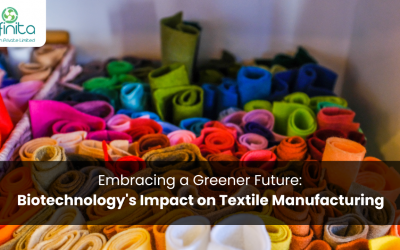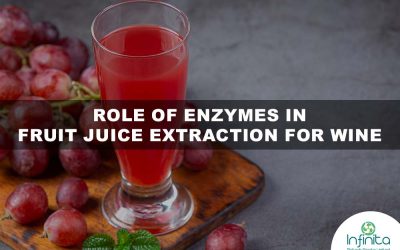Cellulase Complex Enzymes For
Cellulosic Ethanol
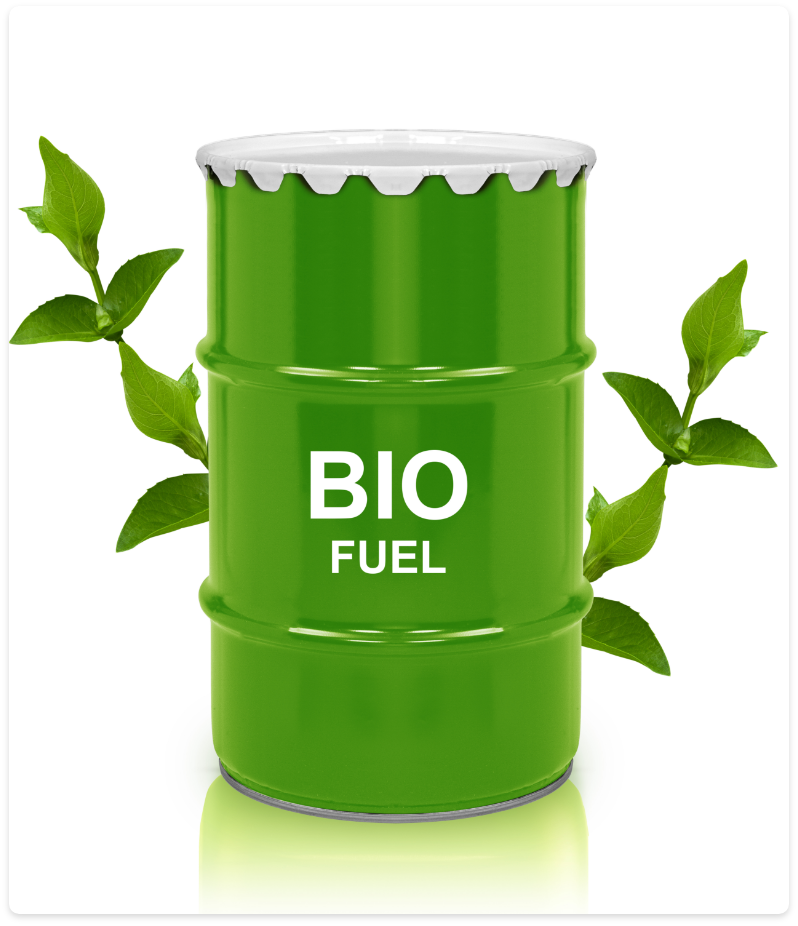
Cellulosic Ethanol, or Second-generation Ethanol, is a biofuel produced from cellulose (the stringy fibre of a plant) rather than from the plants seed, fruit or tuber.
Growth of cellulose by plants is a mechanism that captures and stores solar energy by photosynthesis, in nontoxic ways. Additionally, transport may be unneeded anyway, because grasses or trees can grow almost anywhere. This is why commercially practical Cellulosic Ethanol is widely viewed as a next level of development for the biofuel industry which could reduce demand for oil and gas drilling. It could also avoid one of the problems with today’s conventional (grain-based) biofuels, which is that they set up competition for grain with food purposes, potentially driving up the price of food. The biological and eco-friendly method to produce ethanol from cellulose is cellulolytic processes which consist of hydrolysis on pretreated lignocellulosic materials, using a group of enzymes to break complex cellulose into simple sugar, followed by fermentation and distillation.
Cellulosic Ethanol, or Second-generation Ethanol, is a biofuel produced from cellulose (the stringy fibre of a plant) rather than from the plants seed, fruit or tuber.
Growth of cellulose by plants is a mechanism that captures and stores solar energy by photosynthesis, in nontoxic ways. Additionally, transport may be unneeded anyway, because grasses or trees can grow almost anywhere. This is why commercially practical Cellulosic Ethanol is widely viewed as a next level of development for the biofuel industry which could reduce demand for oil and gas drilling. It could also avoid one of the problems with today’s conventional (grain-based) biofuels, which is that they set up competition for grain with food purposes, potentially driving up the price of food. The biological and eco-friendly method to produce ethanol from cellulose is cellulolytic processes which consist of hydrolysis on pretreated lignocellulosic materials, using a group of enzymes to break complex cellulose into simple sugar, followed by fermentation and distillation.
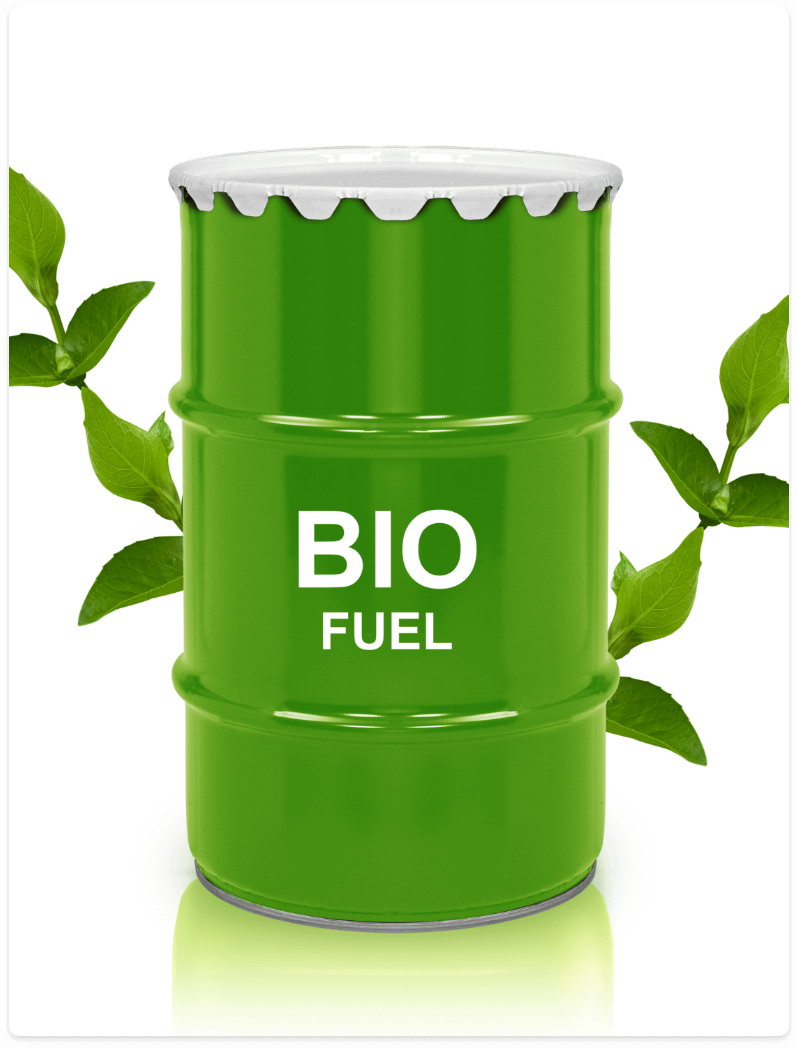
Our Solutions
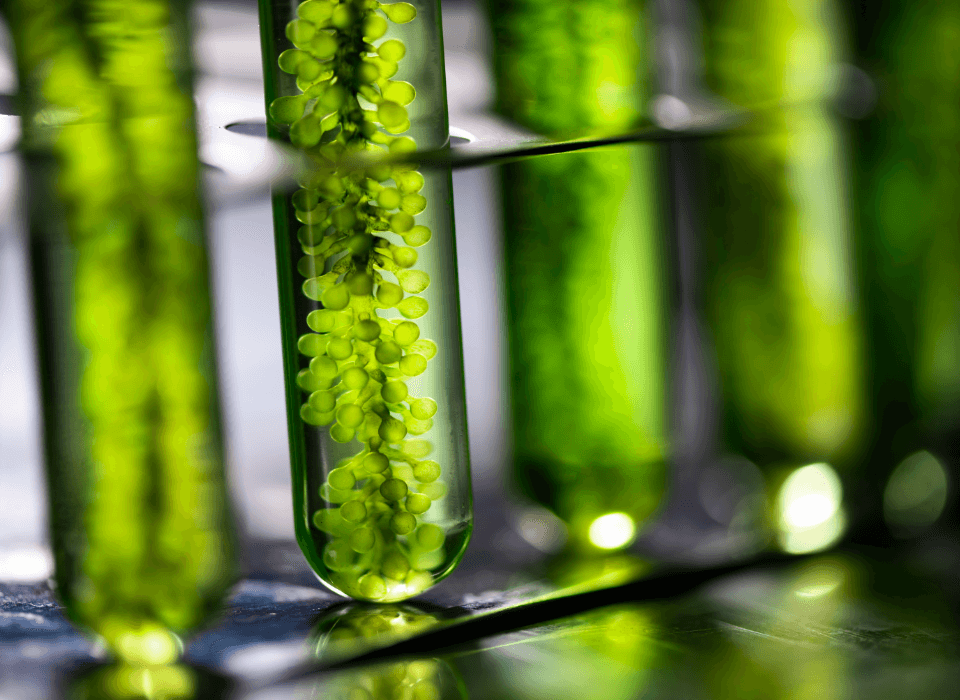
CELLULASE COMPLEX ENZYMES
Our specialised cellulase complex enzymes formulation can be utilised for producing fermentable sugars from cellulosic material.

Multi Enzymes
Complex

Applicable To
Various Feedstocks

Accelerates SSF
Process

Multi Enzymes Complex

Applicable To Various Feedstocks

Accelerates SSF Process
BOOSTER
Multi enzymes booster to hydrolyse components of pre-treated Biomass

Higher bioethanol yield

Increased fermentable sugars

Useful for various non-food biomass

Multi Enzymes Complex

Applicable To Various Feedstocks

Accelerates SSF Process

Related Articles
Embracing a Greener Future: Biotechnology’s Impact on Textile Manufacturing
In the quest for sustainability, the textile industry is undergoing a radical transformation, driven by biotechnological innovations. This shift transcends traditional practices, focusing on reducing environmental footprints and embracing ethical manufacturing....
Role Of Enzymes In Fruit Juice Extraction For Wine
The winemaking process involves the use of many enzymes. This is the most natural way of making an alcoholic beverage. Wine gets its taste because of the breakdown process completed by the enzymes. Broadly, these enzymes used to make wine belong to the Enological...
Enzymes For Soil Stabilization
Enzymes For Soil Stabilization Soil stabilization may be defined as changing and improving the structural properties of soil through chemical or mechanical means. This is done to check soil erosion, dust prevention, raised soil density and durability. Soil...
QUICK LINKS
HOME
ABOUT
CERTIFICATIONS
BLOGS
MEDIA
CAREERS
FAQs
CONTACT
PRODUCTS
© 2024, Infinita Biotech Private Limited. All rights reserved.
Designed by Kerkar Media

